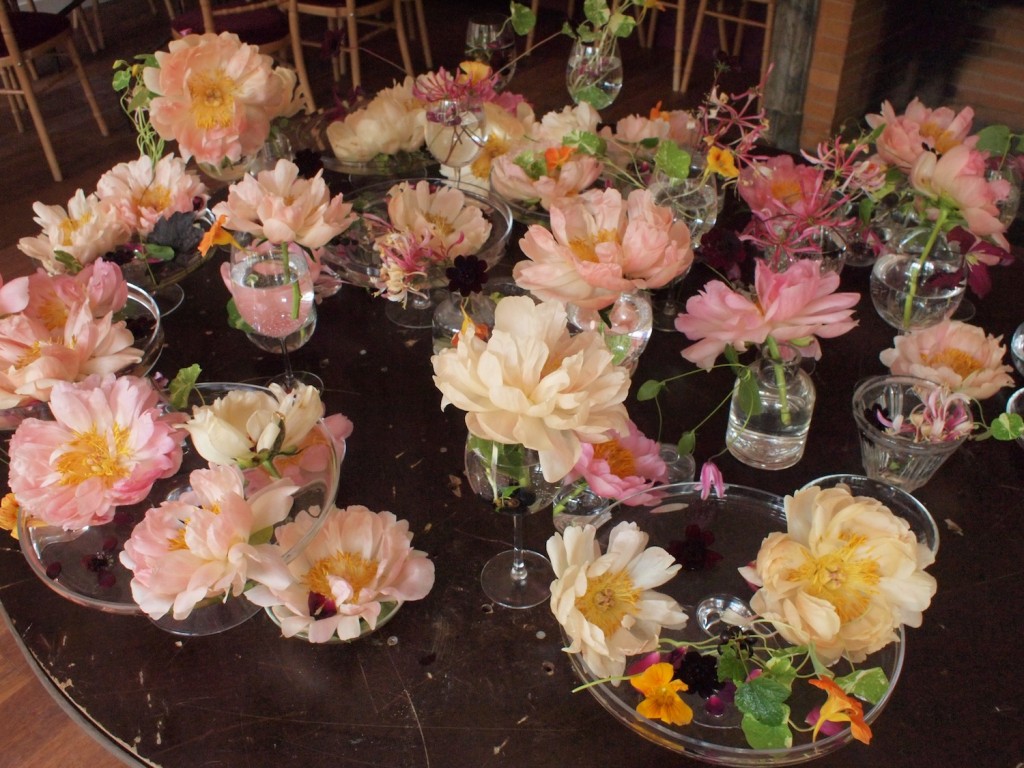OK, it smells good, but it’s only wine…only Riesling. With these and similar words those lacking in awareness or imagination seek to dismiss not only the global Riesling phenomenon as insignificant, but try to reduce wine of all kinds to just another beverage, or even a mere commodity. Of course, wine is a beverage and a commodity just like beer, coffee or range juice. However, if you give it a chance to work upon your mind, then it can be so much more, and what I’m talking about has nothing to do with the alcohol in wine.
Wine is very suggestive, because it contains hundreds of aromatic substances and through their interaction with the sense of smell it hooks our into memories making connections we’d never have dreamt of before they pop into our minds. Every wine can do this, but those with very intense and dominant aromas like Sauvignon Blanc and Cabernet Sauvignon (that bell pepper smell) tend to be much less suggestive those wines in which no single aroma has the upper hand, but many nuances “flicker”. For me Pinot Noir does this most best amongst reds and Riesling amongst whites, which maybe explains why they are the grapes around whose wines global cults revolve. They are the most suggestive wines you can smell or put in your mouth, period. I know that I’m saying the wrong thing for a bunch of Riesling and Pinot Noir fanatics, but that seems to me more fundamental than their supposed terroir (taste of the place) quality.
Let me explain in one paragraph how this functions. Much of what we call taste experiences are actually impressions which come from our sense of smell and some come from our sense of touch. In the brain the five things we can actually taste with our tongue (sweet, sour, salty, bitter and umami or savory) are wedded to the tactile impression we have in our mouth (mouth-feel) and what we smell as we exhale, propelling volatile substances from our mouths into our nasal cavities where our aroma receptors are situated. This is one reason that a taste experience can be so complex and compelling. The other is that our memory for smells works through association and those associations are shaped by our bodily and emotional response to the all the things in the world around us we ever smelt and the taste of everything we’ve ever put it in our mouth. All the really positive things and the really negative things we smelt and tasted are etched into our memories
You really don’t have to be a wine freak or a wine geek for this to really do something for you. You just have to relax and savor the wine, opening the doors of perception. I propose that (assuming you don’t have a fundamental problem with acidity and if orange juice isn’t too tart for you, then you have no problem) you find a good chilled Riesling, pour it into a large wine glass and let it start working on you. This is much less financially damaging than the same kind of experiment with Pinot Noir is and no less exciting to see what memories the wine’s aroma arouse, which associations they stimulate. Open your nose and open your mind! This might be intoxicating, but we’re talking sensual intoxication, since all you have to do is inhale, though I suggest you also put the wine in your mouth and swallow, since this greatly enhances the entire experience.
This is what went through my mind on this rainy day in the East Village of New York.
To be continued. WATCH THIS SPACE !


![120114_riesling_global_RZ [1600x1200]](http://www.stuartpigott.de/wp-content/uploads/2012/12/120114_riesling_global_RZ-1600x120010.jpg)